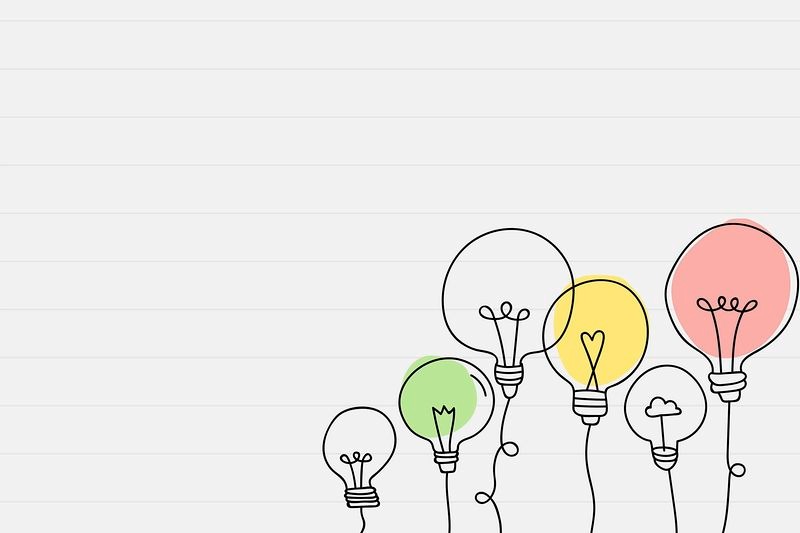There are many therapeutic options for people in the addiction recovery treatment. You may have heard of cognitive-behavioral therapy (CBT), but how much do you know about it?
What Is Cognitive-Behavioral Therapy?
CBT works to establish a clear mindset of your thought processes and goals. Working to help you effectively manage the negative thoughts that commonly occur within your mind, this form of therapy can help people achieve greater mental stability. By learning how to deal with your negative thoughts and behaviors, you can work toward a more peaceful life and positive outlook.
Therapy sessions with a focus on CBT tend to go over the experiences and moods you have felt over the last few days. With your therapist or mental health professional, you will review the thought processes and reactions you experienced toward specific instances from the prior week. Together, you can observe your reactions and come up with potential alternative thought processes on the situations. It can be beneficial to discuss your thoughts with a professional in this way and get a healthy perspective of how to alter an initial thought into one that is constructive.
Changing Your Thought Processes
Changing the way you react to the thoughts that arise in your mind takes a great deal of practice. For individuals struggling with addiction or any other mental health disorder, there are often a variety of negative thoughts that commonly come into play.
Throughout the day, pay attention to the thoughts that come into your mind. You may notice a higher number of negative thoughts than you might have expected. Review the following scenarios to better understand the kinds of negative thoughts you might catch yourself thinking and to see how you can alter these thoughts in a positive way.
- “My friend hasn’t answered my text in hours. They must no longer care about me. They are busy with someone else who is more important.”
- This thought is very negative and sets you up to assume the worst. When similar thoughts come to mind, try to think “My friend hasn’t answered me in hours. I hope they are doing well and having a good time. I’m sure they will get back to me as soon as they are available.”
- “I didn’t get the job. I am a failure. I will never be good enough for anyone.”
- This thought immediately shines doubt on yourself and your ability to succeed. Try thinking “I didn’t get the job. What can I do better? Maybe this job wasn’t meant for me, but I will improve and get it right next time.”
- “Everyone seems to be mad at me. My addiction is causing my relationships to fail. Everyone would be better off without me around.”
- This thought is extremely hurtful to your potential to recover and reconstruct your relationships. Try thinking “Everyone seems to be upset with me. I know my addiction may be leading to these feelings. I want to work to recover and show the people close to me that I care about them and myself. Things will get better in the future.”
It is so easy for people to automatically jump to thoughts of negativity. Most of the time, the negative thoughts we have are not true and are a reflection of how we view ourselves.
Altering these thoughts to work positively for you can make a big difference in your ability to recover and your ability to manage your mental health. When you notice negative thoughts arising, restate your thought into a positive tone. Practicing this will eventually train your mind to think positively naturally.
Benefits for Addiction
CBT can provide many benefits for overcoming addiction and working through the process of recovery. One of the strongest benefits this form of therapy brings into the recovery process is its influence on motivation. Working through addiction is challenging and presents many opportunities to give up. By altering your thoughts and behaviors, you will look at potential relapses and struggles as positive landmarks instead of setbacks. This mindset can greatly influence your ability to recover and continue to motivate you toward success.
This form of therapy can also be very beneficial to recovery by allowing you to view common bad habits you are engaged with. You work to focus on improving thoughts and behaviors, and the use of the substance you struggle to refrain from is a negative behavior to overcome. Observing these behaviors and the potential factors that lead to their occurrence can help you understand your addiction on a deeper level. This can help you to look at your addiction with a realistic mindset.
Many individuals who struggle with substance use disorder often struggle with depression, anxiety, or other mental health disorders along with their addiction. CBT has many benefits for these mental health disorders as well as addiction. If you are dealing with a dual diagnosis, this form of therapy can be extremely useful.
Cognitive-behavioral therapy focuses on altering your thoughts and behaviors to change what commonly are negative perceptions into constructive reactions. This form of therapy greatly benefits the mental state and the ability to move forward in the process of recovery. Observing when negative thoughts come to mind and actively working to alter them into positive thoughts is a beneficial practice that can help you begin implementing CBT techniques. Reinforcing the presence of positive thoughts helps to create a positive mentality for future endeavors, helping to keep your mind healthy. The form of therapy can have many benefits for individuals struggling with substance use disorder and working through the process of recovery. By implementing positive thoughts into your everyday life, you can increase your belief in yourself and your ability to overcome your addiction. To learn more about CBT and its benefits, reach out to Dream Recovery at (949) 732-1960.


Recent Comments